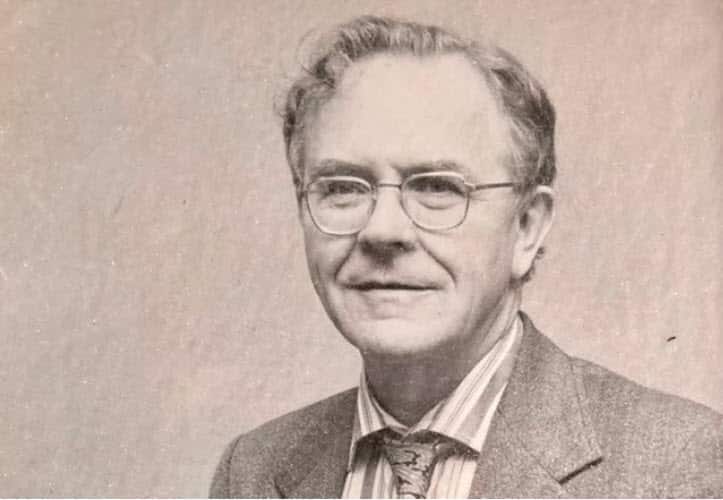Geoffrey Wilkinson (14 July 1921 – 26 September 1996) was a renowned British chemist whose pioneering work in inorganic chemistry earned him international recognition and acclaim.
Life and Career
He was born on 14 July 1921, in Springside, Todmorden, England.
He pursued his education at Imperial College London, where he obtained his bachelor’s degree in chemistry. He later continued his studies at the University of London, earning his Ph.D. in chemistry in 1946.
Wilkinson’s work primarily focused on the field of inorganic chemistry, with a particular emphasis on transition metal complexes. His groundbreaking research on metal carbonyl compounds, specifically his discovery of the Wilkinson catalyst, made significant contributions to the field. The Wilkinson catalyst, a rhodium complex, proved instrumental in numerous organic synthesis reactions and catalytic processes.
Throughout his career, Wilkinson made significant advancements in the understanding of transition metal complexes and their role in catalysis. His work laid the foundation for the development of new catalysts and provided valuable insights into the reactivity and behavior of transition metals.
In the later years of his career, Wilkinson continued to contribute to the field of inorganic chemistry. His research expanded to include the synthesis and characterization of other metal complexes, such as organometallic compounds and cluster compounds. Wilkinson’s investigations into the structures and properties of these compounds further advanced our understanding of their chemical behavior.
Geoffrey Wilkinson passed away on 26 September 1996, leaving behind a profound scientific legacy.
Award and Legacy
In 1973, he was awarded the Nobel Prize in Chemistry for his pioneering work on the chemistry of transition metals, particularly his discovery of the Wilkinson catalyst.
His legacy in the field of chemistry is profound and enduring. His groundbreaking contributions to inorganic chemistry, particularly in the study of transition metal complexes, have had a lasting impact on scientific research and development. Wilkinson’s work revolutionized our understanding of metal coordination chemistry and catalysis, opening new avenues for advancements in various fields.

